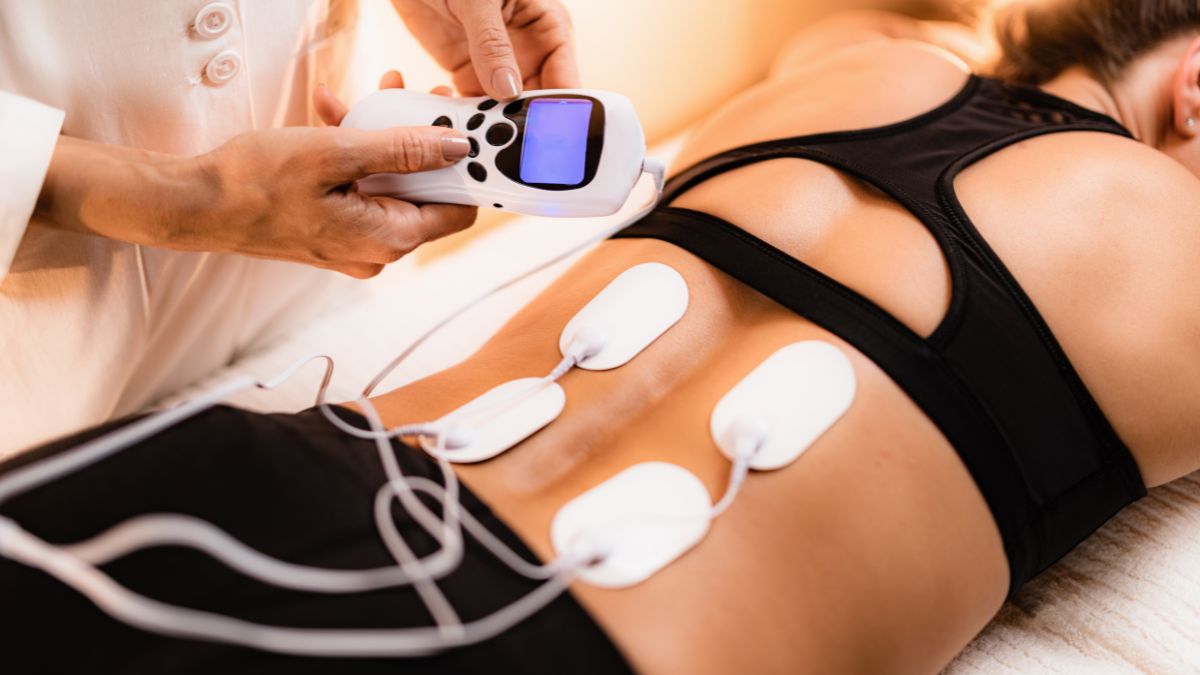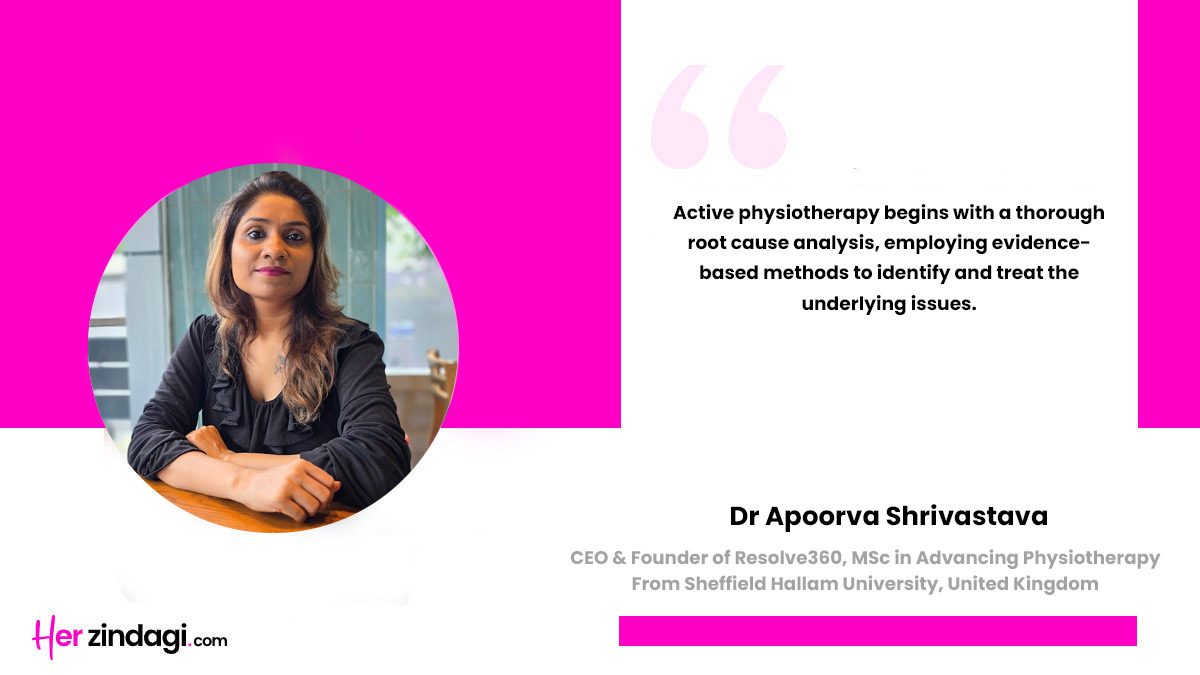
5 Common Physiotherapy Myths Debunked
In the realm of healthcare, physiotherapy has seen a significant evolution, challenging long-held beliefs about the practice. One such myth persists that physiotherapy only provides temporary relief and the pain reoccurs once the treatment stops. In this article, we will talk about how active physiotherapy dispels this misconception, offering long-term solutions through evidence-based approaches and virtual care based on the insights shared by our expert, Dr Apoorva Shrivastava.

Does Physiotherapy Only Provide Temporary Relief?
“Many believe physiotherapy merely masks symptoms without addressing root causes, leading to a cycle of recurring pain. This perception often stems from experiences with passive physiotherapy, which may rely heavily on manual techniques or pain-relief machines. However, active physiotherapy takes a fundamentally different approach.” said Dr Apoorva.

How Does Active Physiotherapy Target Root Causes?
Dr Shrivastava explained, “Active physiotherapy begins with a thorough root cause analysis, employing evidence-based methods to identify and treat the underlying issues.” This collaborative approach between therapist and patient is designed to focus on therapeutic exercises that target each individual’s clinical condition. “By avoiding quick fixes like pain-masking medications or reliance on machines, active physiotherapy aims to reverse disorders through organic processes” she added. (Pros And Cons Of Online Therapy)
1
2
3
4
Evidence-Based Practice In Physiotherapy
Don't Miss: Why Coconut Oil Pulling Is A Game-Changer: Key Benefits You Need To Know

“Incorporating the latest clinical evidence, active physiotherapy ensures treatments are both safe and effective. This scientific approach leads to optimal recovery and, more importantly, prevents the recurrence of disorders,” said the doctor. She mentioned that addressing the root cause brings the patients lasting relief long after their treatment course ends.
Accessibility and Consistency
“The rise of virtual physiotherapy has further revolutionised treatment accessibility. Through high-quality video conferencing, patients receive personalised care from the comfort of their homes,” said Dr Apoorva. Apart from eliminating travel barriers, it also helps with the frequency of sessions and consistent engagement, often leading to faster recoveries. (How To Release Repressed Emotions?)
Beyond Rehabilitation: Chronic Disease Management
Shrivastava said that physiotherapy extends beyond injury recovery and helps in preventive care and chronic disease management. “It helps prevent injuries before they occur and manages symptoms of chronic conditions effectively by improving mobility, balance, and physical strength,” she added.
Don't Miss: Periods Clotting: Educate Yourself On Menstrual Health This International Literacy Day
If you liked this story, then please share it. To read more such stories, stay connected to HerZindagi.
1
2
3
4